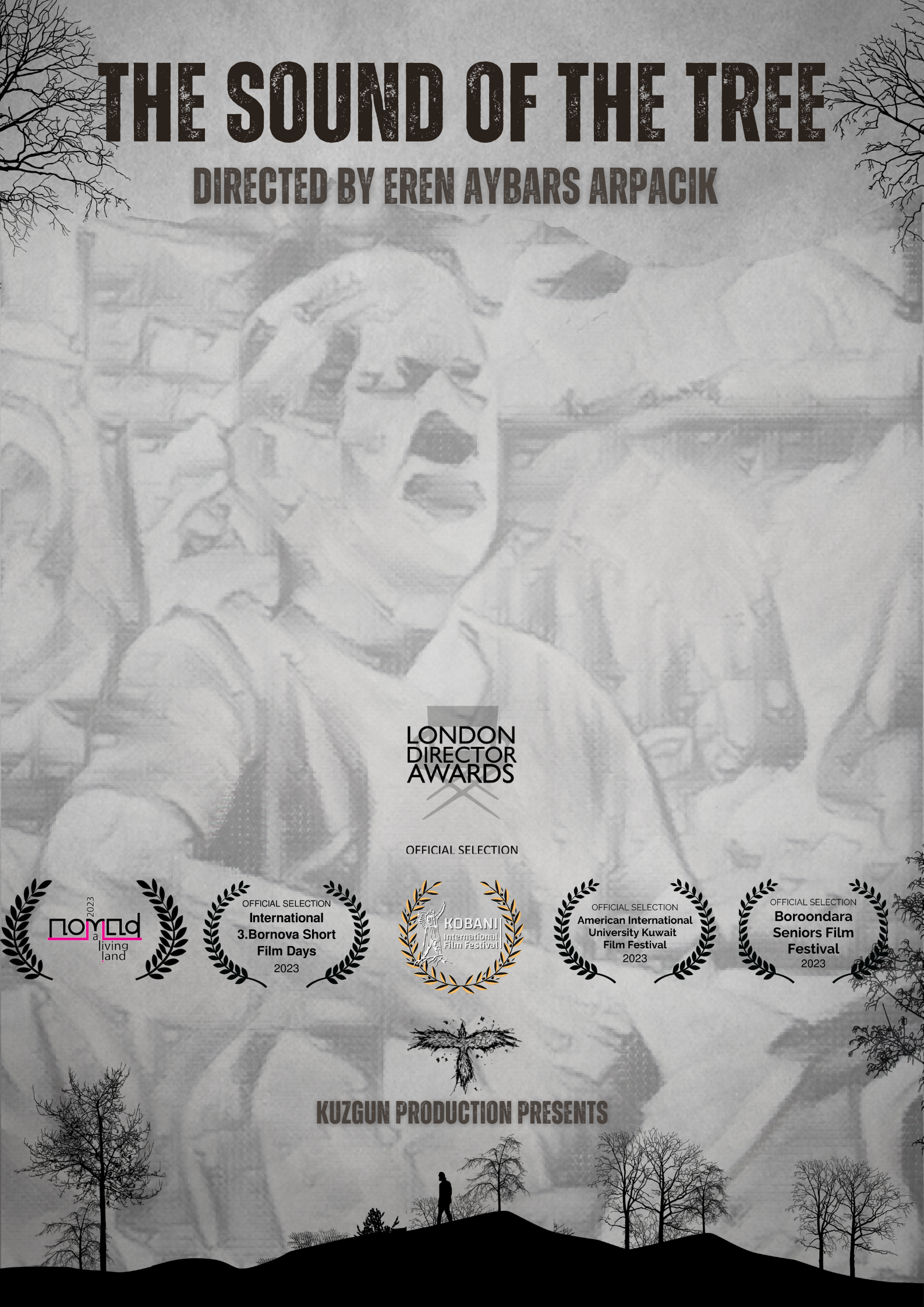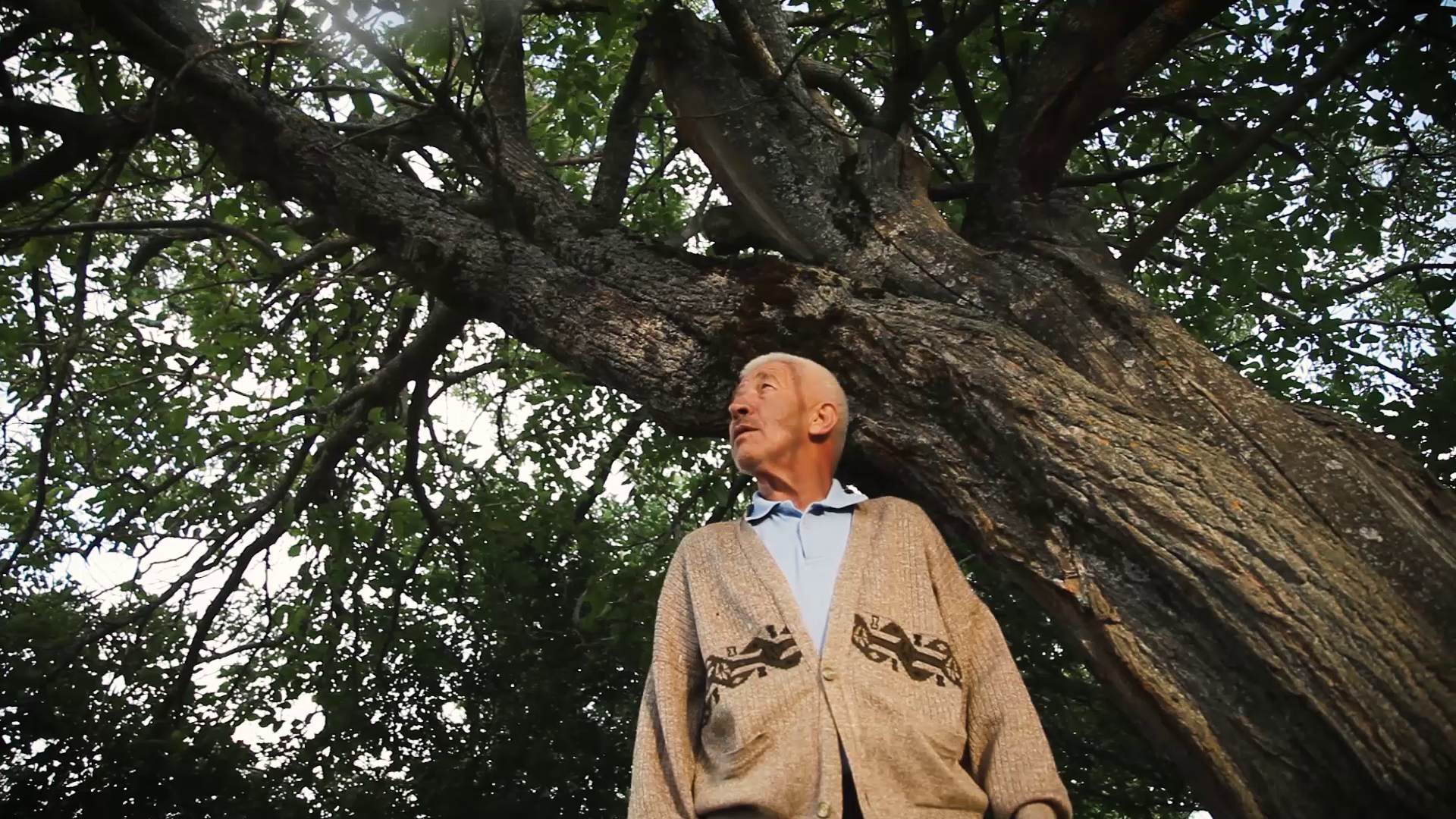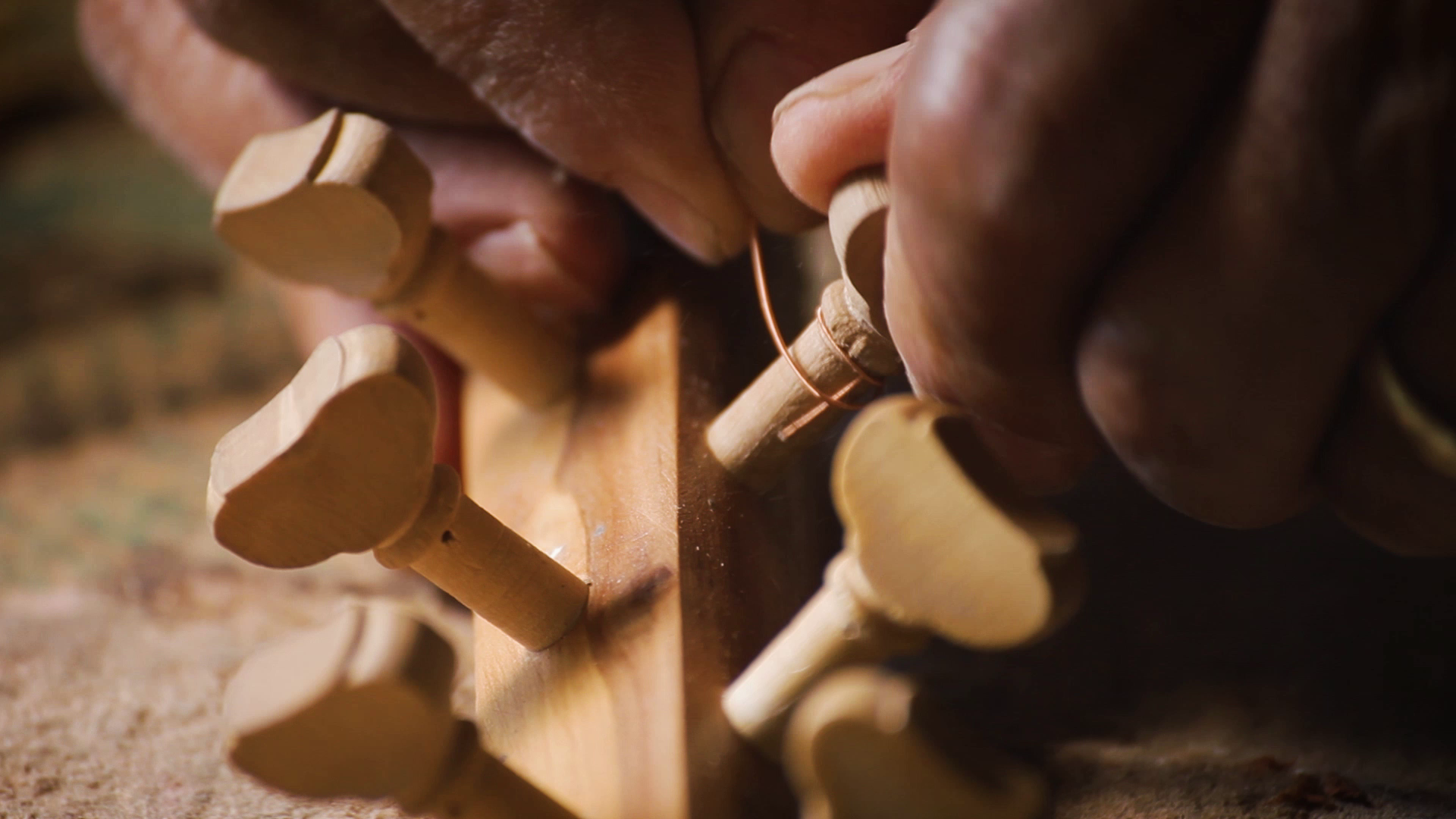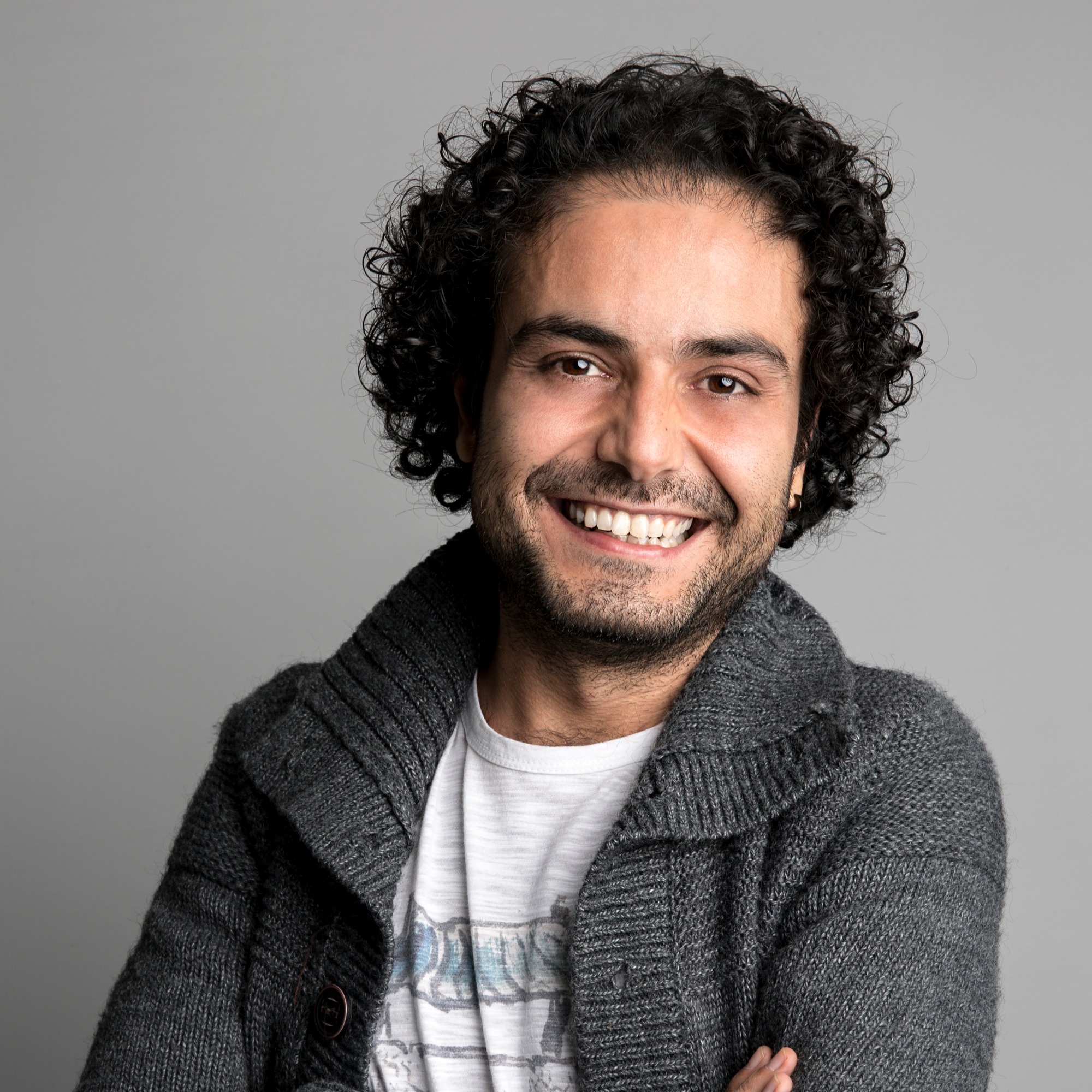Eren Aybars Arpacik
I was born in July 1983 in Istanbul. I graduated from Istanbul Bilgi University, Department of Media and Communication Systems with a scholarship In 2006. I did a minor in the Cinema / TV Department. After graduation, I worked as an assistant director at Interfilm Istanbul, one of the advertising production companies, and as a post production manager at Soda Film.
In 2011, I directed and produced a 27-episode On The Road documentary series for Beiniz TV in 25 countries.
In 2017, I started to work as a cinematographer at the Şarküteri Production Company. During this period, I directed and produced internationally awarded cave exploration documentary series called "Notes from the Underground" with the Anatolian Speleology Group.
In 2018, I directed TRT Belgesel's animated war history documentary "Legends of War" series.
In 2021, I founded Kuzgun Production in Bodrum. In 2022, I produced and directed the documentary series "Hayat Var". It consists of 5 internationally awarded documentaries: The Golden Girls of Etrim, The Hours, Deus Ex Machina, Hello Teacher and The Sound of the Tree. I took part as the cinematographer in the program "Tanzania: The Royal Tour" produced by Peter Greenberg. The production aired on PBS, Amazon Prime and Apple TV+. I started making content for CGTN (Chinese Global Television Network).
In 2022, I was the cinematographer of the documentary "Hidden Aegean" produced by Peter Greenberg for the American PBS television. In 2023 I started my new documentary.
Your project has entered in our festival. What is your project about?
The documentary focuses on the life of carving instrument master who is one of the Taurus Mountain Woodcutters which is a part of Anatolia's cultural heritage. My main character Halil Kafes who carries the love of trees in his genes, sincerely presents his world full of music to the audience. While he shapes the tree, the tree also shapes his life. Halil Kafes is an artist who feels the sound coming from the tree while it is still wood. It is possible to see the value of labor in every corner of his life; While he turns the tree into an instrument, in his relationship with his grandchild, while making music... The story reveals the life of a naive and special artist.

What are your ambitions with your project?
My main goal is to present my documentary to festival audiences around the world and win awards. I aim to increase my recognition as a director and find funding for my new documentaries. In this respect, festivals are the most suitable places to gain the right connections. This is why I attach great importance to the London Director Awards.


Tell us something about your shooting? What pleasantly surprised you?
Halil Kafes, the main character of the documentary, and his family hosted me in their home for 4 days. During this period, I felt like I was a part of their home. The harmony we had with the family made me feel very comfortable. We were able to catch the flow of life together. For the shooting, we went to Madran Mountain, where the sacred tree is located. Halil Kafes and his wife prayed at the tomb under the sacred tree, which has an important place in the worship rituals of Tahtacı culture. Then he started playing the saz under the tree. At that moment, the music activated all my emotions and I started to sob. I could no longer see what I was shooting with my camera, and my sobs did not allow me to shoot. I turned off my camera. I was so relieved when I stopped crying. Now, looking back, I see more clearly that something started to change in my life that day.
For what group of spectators is your film targeted?
My documentary targets people who care about the world's cultural heritage. In addition, the audience who likes festival films and wants to discover new films and directors is among my target audience.
Why should distributors buy your film?
Cultural heritage of Anatolia is the cultural heritage of the whole world. I believe that this heritage should be protected, visible and supported.
How would you specify your work? What characterizes your film?
This documentary is the story of a man who harmonize with nature, benefit from it and produce. The tree turns into an instrument and art. This transformation is also a reality of nature.
The most characteristic feature of the documentary is that I carried out the entire production process alone. This is a one-man work, including all camera and drone shots, editing and even poster design. My goal was to take action instead of complaining about impossibilities. If a documentary filmmaker wants to tell a story, he can do it alone. This was also a challenge to myself.
Why did you decided to become a filmmaker?
When I was a kid, I went to the movies with my father every weekend. The Hollywood movies I watched had a very strong impact on me. Later, we continued this weekly cinema tradition with my older sister. Thanks to them, I fell in love with cinema. In my opinion, the 90s were a time when unforgettable movies were shot. Thanks to those films, I became a filmmaker.
Who is your role model?
I don't want to take a role model for myself. Because each person has their own unique realities and their life path cannot be copied. Life offers everyone their own living options.
Which movies are your favorites? Why?
I love Darren Aronofsky cinema. His approach in Wrestler is close to documentary reality and I like it very much. Also, Requiem for a Dream and The Fountain are extraordinary films of him. Terrence Malick's visual narrative in The Tree of Life fascinates me. Nuri Bilge Ceylan's cinema is about understanding people and confronting our flaws. The movie Once Upon a Time in Anatolia is very special to me. I find Gaspar Noe's Enter the Void as an extraordinary cinematic experience. Ron Fricke documentaries are treasures of visual expression where words lose their meaning. We should not forget Interstellar. The fictional reality captured by Christopher Nolan is a lesson in cinema.
Where do you look for inspiration for your films?
I think my country is an inspiring place. There are many beautiful stories still hidden in Anatolia. It is a pleasure to discover the people with these beautiful stories and the towns and villages they live in. That's why traveling and taking photographs feed me a lot in terms of artistic inspiration.
Which topics interest you the most?
The stories of people who protect their art and profession and do it with love interest me. I'm talking about people who are integrated with the space they live in and who have managed to protect it despite the changing world. It may sound a little conservative, but I think this is what makes a person different from others in modern world. I'm excited to tell master apprentice stories and stories of professions that are about to die.
What do you consider your greatest achievement in your career?
In my opinion, the greatest success is the one that has not yet been achieved. This makes me excited about the path ahead of me.
What do you consider most important about filming?
I care about capturing the flow while shooting documentaries. This is about keeping up with the pace of life of the people I interact with in the documentary. But most importantly, I enjoy this alignment.
Which film technique of shooting do you consider the best?
I use the coverage method when shooting movies. This makes me very comfortable at the editing table and produces creative results. Even though it increases the editing burden, it's okay since I edit my films myself. I care very much about the details. That's why I like close-ups. This is also a reflection of my communication with the people who are the subject of the documentary. I consider the light as my friend and want it to accompany my film in its most beautiful hours. A handheld camera adds speed, which makes it easier for me to keep up with the pace of the people in the documentary.
How would you rate/What is your opinion about current filmmaking?
My views on the Marvel movies that dominate today's Hollywood cinema are similar to Martin Scorsese's. They're more like an theme park attraction than a cinema. I am one of those who love the pure form of cinema. Fictional but realistic stories in real places.
What can disappoint you in a movie?
Unrealistic dialogues, bad acting and scenes created for the sake of box office sales.
Who supports you in your film career?
Shooting a movie is a difficult and painful process. These times require understanding. My wife's support is very important in this process. I get the courage and energy to make films from my 5-year-old daughter Asya. The reason I look to the future with hope. The support given by my father and older sister, who took me to the cinema every weekend during my childhood, was very valuable.
What are the reactions to your film? (opinion of spectators, film critics, friends and family)
As my documentary received awards from various festivals, the curiosity of my circle about my film increased. I feel happy when my family and friends tell me they are proud of me. The comments I receive are that my films are sincere. My mother is very happy that my documentaries are loved.
Have you already visited any of the prestigious film festivals?
My documentaries took part and received awards at Turkey's important and prestigious film festivals. It was very special and enjoyable to be hosted by these festivals. Among these are Antalya Golden Orange Film Festival, International Golden Saffron Documentary Film Festival, International Silk Road Film Festival. These were very motivating events for a filmmaker.
What are your future plans in filmmaking carriere?
I love making documentaries and I will continue. On the other hand, I have had a dream of making feature films since my childhood. I want my works to be included and awarded at prestigious film festivals around the world. I hope I will realize this dream.
Learn more:
Website: www.erenarpacik.com
